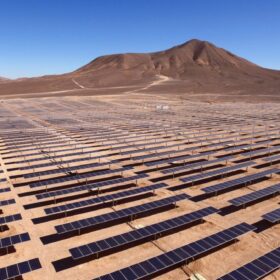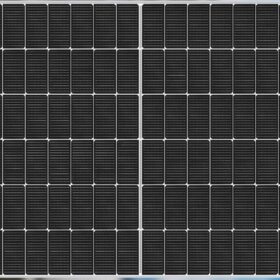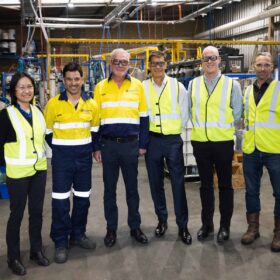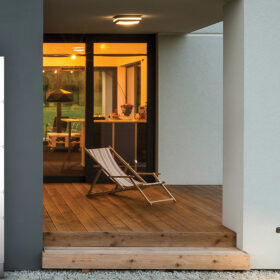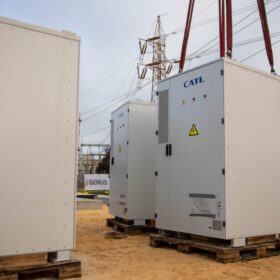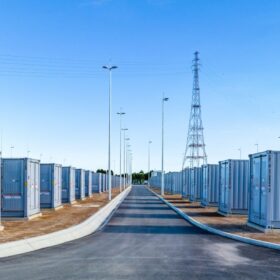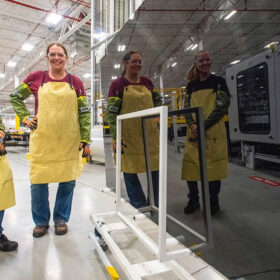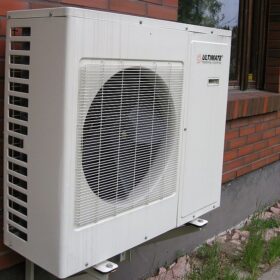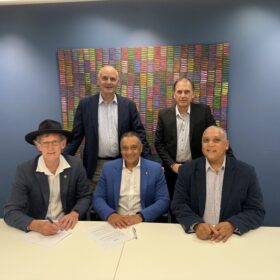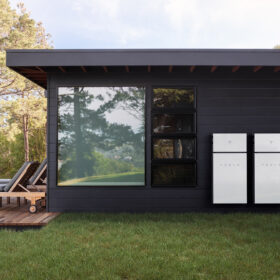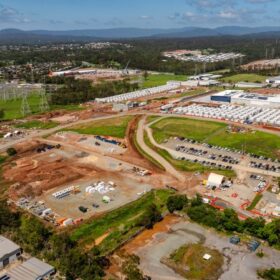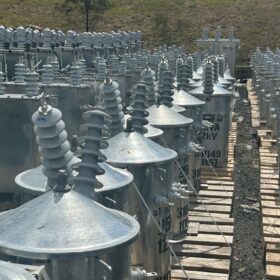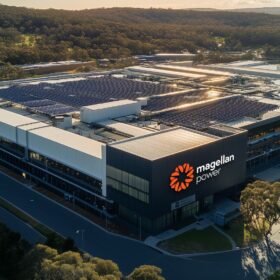Solar LCOE now 29% lower than any fossil fuel option, says EY
A report from Ernst & Young shows that despite inflationary pressures, solar remains the cheapest source of new-build electricity. The global weighted average levelised cost of electricity for PV is now 29% lower than the cheapest fossil fuel alternative.
Sharp unveils 575 W TOPCon solar panel with 22.26% efficiency
Sharp’s new IEC61215- and IEC61730-certified solar panels have an operating temperature coefficient of -0.30% per C and a bifaciality factor of over 80%.
AGL pairs with battery recycling startup to examine viability of recycling at its Hunter Energy Hub
AGL and Australian battery recycling startup, Renewable Metals, have signed a deal to investigate the viability of building a lithium battery recycling facility at AGL’s envisioned Hunter Energy Hub, formally one of Australia’s most significant coal centres.
Air New Zealand to deliver mail in electric plane
Air New Zealand has ordered an electric five-seat plane to initially use for cargo-only services, with the intention of offering passenger services in future. The company has options to buy two more of the electric planes, with rights reserved on a further 20.
Redback Technologies compliant for flexible exports to Queensland grid
Redback Technologies has announced inverters certified as compliant with Queensland’s dynamic connections for energy exports. This enables homeowners to export energy back into the grid at a flexible rate so that energy output is only limited in roughly 2% of the time when excess power from PV installations would overwhelm the grid.
CATL: Staying on top of the battery game
For the seventh year in the row, China-based Contemporary Amperex Technology Co. (CATL) looks set to claim the title of the world’s biggest battery maker. There are a number of reasons why it continues to maintain its lead in the electric vehicle (EV) and battery energy storage system (BESS) markets.
AGL to put nickel-hydrogen battery tech to test at Torrens Island
Australian energy giant AGL will install a nickel-hydrogen battery at its Torrens Island power station site in South Australia as it seeks to explore the potential opportunities that the technology can provide for stationary energy storage applications.
Weekend read: the fruitful search for other thin films
First Solar and its cadmium telluride (CdTe) technology dominate thin-film solar in the mainstream market. Valerie Thompson looks at the US-based business and the future of thin-film PV technology.
Performance parameters for residential heat pumps linked to PV, storage
German researchers measured a PV-powered heat pump with battery storage in a single-family home in Freiburg, Germany, for a period of a year. It features smart grid-ready tech that adjusts operations based on the grid.
Sunshine Hydro signs 20% First Nations equity deal on flagship Queensland project
Sunshine Hydro and project partner Energy Estate have signed an agreement to give First Nations stakeholders a 20% equity option in the companies’ Djandori Gung-i Superhybrid project at Miriam Vale, Queensland. The project proposes to deliver up to 600 MW of pumped hydro capacity and up to 300 MW of hydrogen electrolysers.
